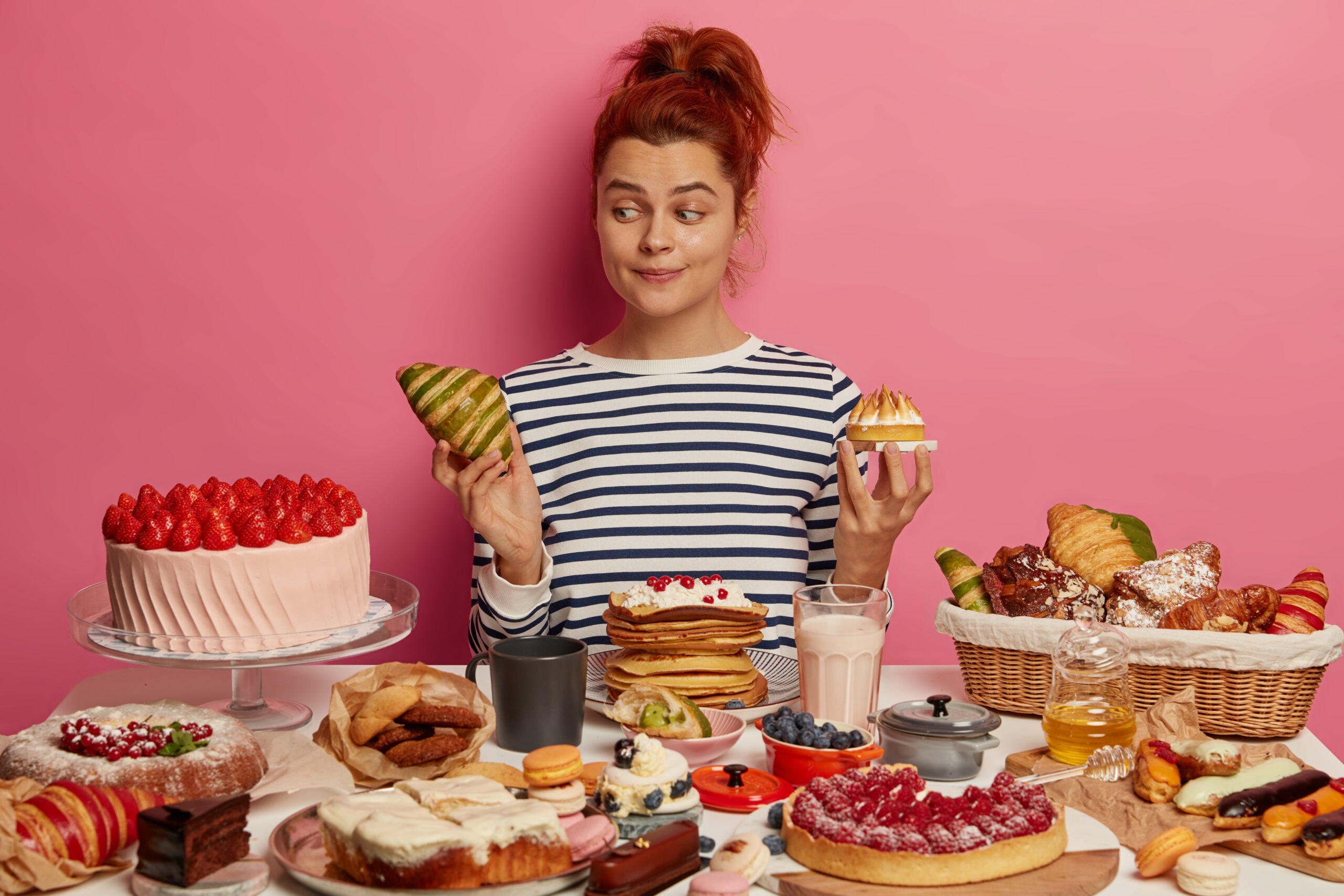Top 6 Things to avoid during pregnancy
Foods
The greatest diet related risk to pregnant women is listeria, which is a bacteria caused by eating food contaminated by listeria bacteria. You should try to avoid the following foods, which have been known to harbour listeria and/or salmonella, and which can cause harm to a developing fetus. Pregnant women are at a higher risk of infection because of their reduced immunity. Herbs Echinacea isn’t recommended during pregnancy because it could stimulate your uterus and cause premature labor.Vitamins
Vitamin A is involved in creating DNA and in small amounts, is essential for healthy fetal development, in particular the immune system and eyes. However vitamin A should be avoided in the first trimester as it can be stored by the body and has been linked to birth defects.Alcohol
The NHMRC recommends no more than two standard drinks per day for women and four for men with at least two alcohol-free days per week, and considers abstinence to be desirable during pregnancy. While it is not possible to set ‘safe’ limits, it is known that higher intakes of alcohol can be harmful.Smoking and recreational drugs
Smoking cigarettes or using recreational drugs in both men and women, can be harmful to your developing baby, and you should cease both of these activities. Active and passive smoking not only harms sexual and reproductive health throughout both men and women’s reproductive life, it also compromises the health of the unborn fetus. According to research, a child born to a male smoker is 4 times more likely to develop cancer in childhood.Spray tans
Spray tans are not recommended during pregnancy as they may contain chemicals that can be harmful to the baby. Remember that your skin can become more sensitive in pregnancy due to hormone level changes so if you are in the sun you will need to use sun protection.
Foods to avoid include:
- Raw eggs
- Soft cheese (camembert, brie) which are normally made with unpasteurised milk. Ensure any soft cheese you eat has a label clearly stating that it’s made from pasteurised milk. Cottage cheese, ricotta, cream cheese, processed cheeses (such as American) and hard cheeses (such as cheddar and parmesan) as well as cultured dairy products like yoghurt and buttermilk are considered to be safe.
- Pre-packaged salads or sandwiches
- Sliced meats or chopped chicken, paté
- Raw meat
- Raw fish and other seafood, including oysters
- Soft serve ice cream or soft serve yoghurt
- Sushi
- Sugar intake
Other tips to avoid listeria bacteria in foods:
- Cook food thoroughly
- Reheat foods to ‘steaming hot’
- Avoid foods that are past their ‘best before’ or ‘use by’ date
- Only buy ready-to-eat hot food if it’s steaming hot
- Do not eat unsealed food that has been in the refrigerator more than three days as listeria grows well at fridge temperature
Other things to avoid:
- Contact with soiled cat litter or faeces – can cause problems like miscarriages (toxoplasmosis)
- Exposure to chemicals
- Avoid using paint with high lead levels
- Avoid spraying pesticides and weed killing

 Tags:
Tags: